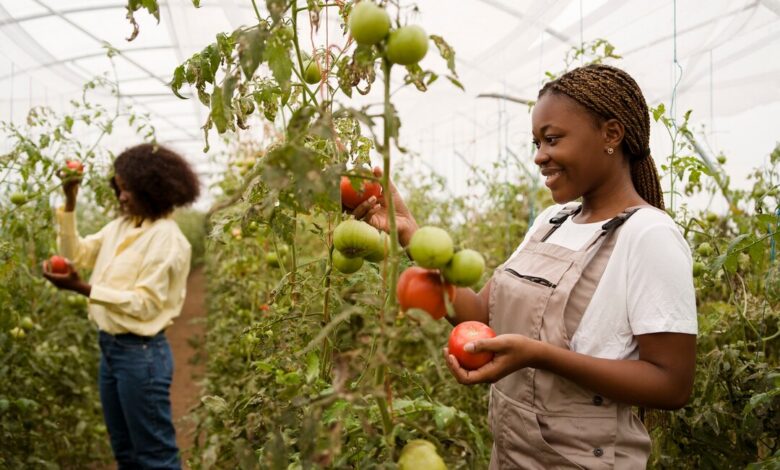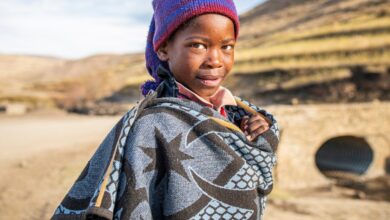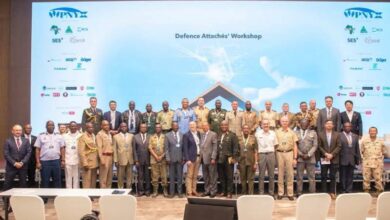Lesotho Meteorological Services Urges Sebetia Community to Align Agricultural Plans with Seasonal Forecasts Amid Climate Change

As climate change continues to wreak havoc on global weather patterns, the Lesotho Meteorological Services (LMS) has called on the Sebetia community to align their agricultural strategies with projected seasonal forecasts. This important message was shared during a joint public gathering held on Monday, hosted by the Berea District Disaster Management Team (DDMT) in collaboration with the National Climate Change Committee (NCCC). The event aimed to raise awareness about climate change and the anticipated rainfall patterns for the period from November 2024 to January 2025.
Mr. Hlabaki Khalala, representing the LMS Climate Change Unit, emphasized the growing challenges faced by farmers as they navigate the unpredictable nature of climate change. He highlighted that the period forecasted to dominate above-normal rainfall could create both opportunities and risks for agricultural production. The LMS forecast predicts a higher than usual rainfall pattern, which could be beneficial for crops but also carries the potential for flooding and soil erosion if not managed properly.
Investing in agriculture has become increasingly expensive, Mr. Khalala noted, urging the community to adapt their farming practices accordingly. “The cost of farming has risen, and it is essential for farmers to align their plans with the projected seasonal weather forecast in order to safeguard their investments,” he explained. He added that without proper planning, the likelihood of crop failure remains high, especially when traditional farming methods are relied upon without considering modern technologies.
Many farmers, according to Mr. Khalala, continue to rely on their own traditional practices, hoping for good harvests, only to be caught off guard by unexpected weather events such as droughts, excessive rainfall, or sudden temperature changes. These adverse weather events can destroy crops and leave farmers struggling to recover. The LMS encourages farmers to integrate advanced weather forecasting tools and modern agricultural techniques to better prepare for and mitigate the impacts of these challenges.
The event in Sebetia was part of a larger effort to ensure that communities are not only aware of the changing climate but also equipped with the knowledge and tools to adjust their agricultural practices. By staying informed and proactive, farmers can reduce the risks associated with climate change and increase their chances of successful harvests, even in unpredictable conditions.
As the global climate crisis intensifies, the need for adaptive strategies in agriculture has never been more urgent. The collaboration between the LMS, DDMT, and NCCC marks a critical step in helping local communities in Lesotho better navigate the challenges posed by climate change, ensuring a more resilient and sustainable future for agriculture in the region.
Join 'Lesotho News' WhatsApp Channel
Get breaking Lesotho news — delivered directly to your WhatsApp.
CLICK HERE TO JOIN



